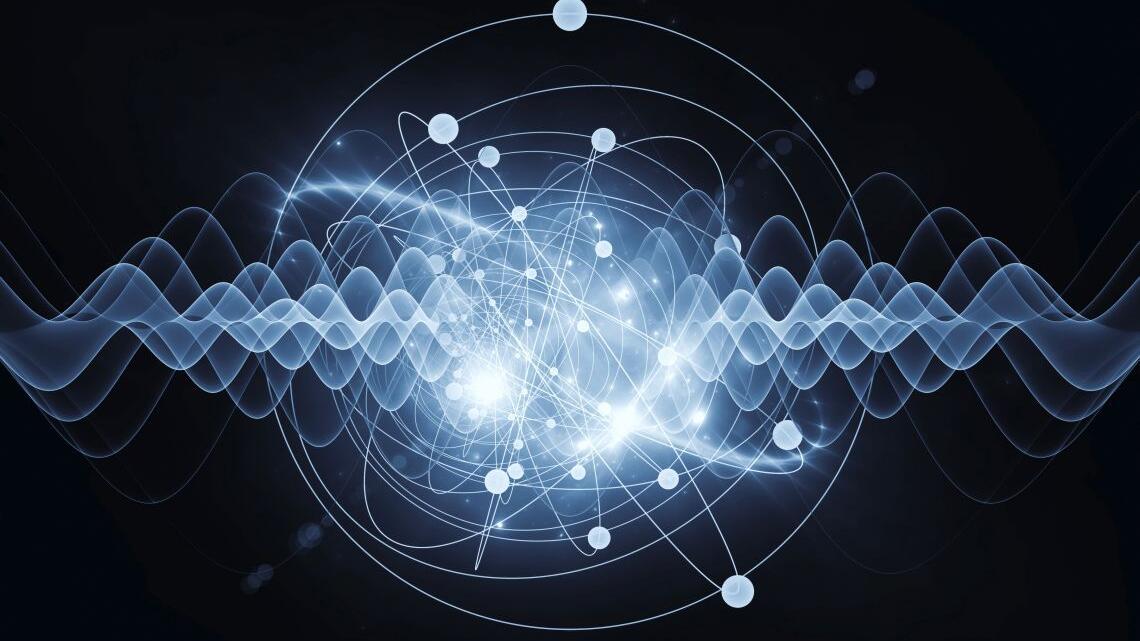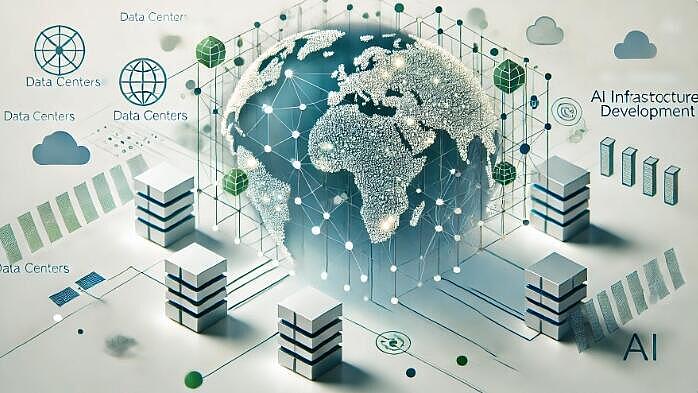 Policy & Regulation
Policy & RegulationHungary, Portugal and Poland sign up to EU quantum communication infrastructure initiative
Summary
QCI will help Europe to secure its critical infrastructure and encryption systems against cyber threats. It will also enable data centres to store and exchange information safely. Long-term plan is for the QCI infrastructure to become the backbone for Europes Quantum Internet. QKD can secure confidential data, power grids, government communications and digital transactions, even against crypto code-breaking by the quantum computers of the future. Andrus Ansip, European Commission Vice-President for the Digital Single Market, said: All sectors of our economy and society have the potential to benefit from deploying a quantum secure communication infrastructure all over the
‘In a world where securing our information online is of the utmost importance, Europe cannot afford to lag behind, I am confident that other Member States will join this initiative, which has potential to become EUs next major success story’
The Commissioner for Digital Economy and Society, Mariya Gabriel, added: ‘In the years to come, we need to work together’.
Open full article
Hungary, Portugal and Poland sign up to EU quantum communication infrastructure initiative
At the Digital Assembly, 7 Member States agreed to work together to explore how to make available a quantum communication infrastructure (QCI) in Europe, to boost European capabilities in quantum technologies, cybersecurity and industrial competitiveness.
The QCI will help Europe to secure its critical infrastructure and encryption systems against cyber threats, protecting smart energy grids, air traffic control, banks, healthcare facilities and more from hacking. It will also enable data centres to store and exchange information safely, and will preserve the long-term privacy of government data. The long-term plan is for the QCI infrastructure to become the backbone for Europe’s Quantum Internet, connecting quantum computers, simulators and sensors via quantum networks to distribute information and resources securely all over Europe.
The first service to make use of this new infrastructure will be Quantum Key Distribution (QKD). QKD is an extremely secure form of encryption: it uses the principles of quantum mechanics to provide the sender and recipient of an encrypted message with an intrinsically secure random key in such a way that an attacker cannot eavesdrop or control the system. QKD can secure confidential data, power grids, government communications and digital transactions, even against crypto code-breaking by the quantum computers of the future.
Andrus Ansip, European Commission Vice-President for the Digital Single Market, said:
All sectors of our economy and society have the potential to benefit from deploying a quantum secure communication infrastructure all over the EU. This infrastructure will be able to secure financial transactions, keep the transmission, protection and long-term storage of sensitive data safe, and ensure the sovereignty of sensitive governmental information. In a world where securing our information online is of the utmost importance, Europe cannot afford to lag behind.
Commissioner for Digital Economy and Society, Mariya Gabriel, added:
In the years to come, the way we encrypt and secure our digital systems risks becoming vulnerable to ever more powerful computers, including quantum computers. To pre-empt this, and to protect our economy and society against cyber-threats, we need to work together at European level to keep our systems secure even as computers get faster. Therefore I am happy to see that today 7 EU countries have signed a declaration regarding the creation of a future quantum communications infrastructure. I am confident that other Member States will join this initiative, which has the potential to become the EU's next major success story.



